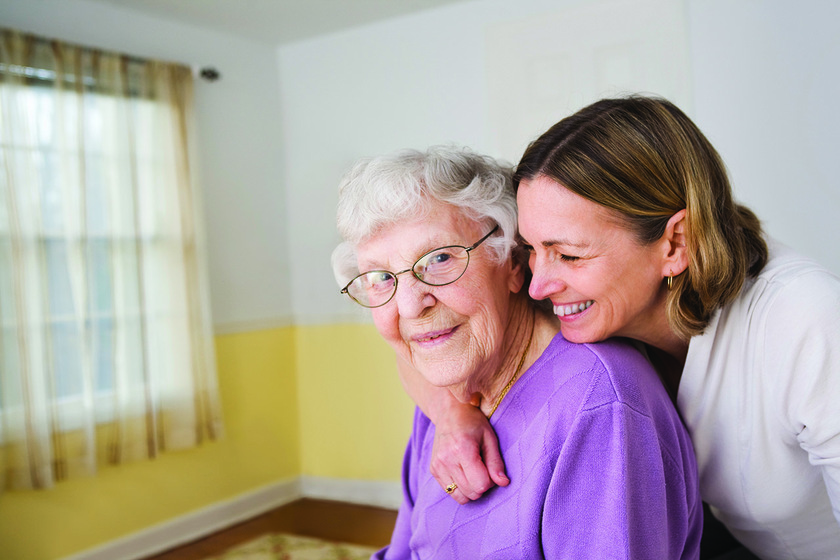Everyone deserves the best quality of life. As you research the memory care facility in Bennettsville, NC, you might want to live; you will likely come across the term “resident-centered care.” When you first read it, it appears straightforward. It focuses on what residents want. However, what does it mean precisely and in a broader context for the Bennettsville memory care communities?
What is Resident-Centered Care?
Resident-centered is a senior care model that invites, accommodates, and respects the personal desires and wishes of the residents in terms of lifestyle and healthcare decisions. Team members work with the resident doctors to provide care that is beneficial to residents. This care model allows residents to express their wants, needs, preferences, and doctor’s recommendations.
What Does it Look Like in Everyday Care?
Resident-centered care is about the individual living with the condition, not the condition itself. It focuses on life history, routines, personal preferences, and other attributes. Thus, this form of care can positively affect residents and their caregivers. It makes residents and family members active partners in care alongside the team members.
Resident-centered care is unique in the following ways:
Personalization
Caregivers respect the residents’ interests and help them stay engaged and healthy in things that are important to them. Residents get to plan their day based on what they want to do. This approach means offering residents options and opportunities without making them do anything they do not want to do.
If you are an introvert and prefer spending time in the library, you are welcome to do so. If you enjoy the outdoors, no one will stop you from spending time outside. You may enjoy volunteering at community events. The caregivers relish creating opportunities for residents to engage in volunteering, philanthropy, and other local activities. Residents are as independent as they wish.
Routine
Residents can set their schedules in a resident-centered care community rather than following a forced routine. Also, they can choose what they want to eat, when to wake up, what to wear, and how they want to spend their day.
Enhancement
Caregivers consider all dimensions of the residents’ well-being and health, including:
- Physical health
- Spirituality
- Creativity
- Intellect
Empowerment
Residents maintain their rights to determine how they want their needs met. That gives them and their caregivers more freedom to interact and socialize positively.
Benefits of Resident-Centered Care
This compassionate approach to care has many proven benefits. It allows a holistic and comprehensive caregiving experience that values and respects the individual. Some of the benefits of person-centered care include the following:
- A stronger relationship between residents and caregivers, allowing better communication and care
- Better sleep patterns
- The ability to meet emotional and social needs
- A reduced need for psychotropic medication
- Lower risk of loneliness, boredom, social isolation, depression, and helplessness
- A reduction in dementia symptoms, such as agitation and anxiety
This approach also benefits caregivers since it reduces job dissatisfaction, stress, and burnout. That could lead to better quality care and reduced staff turnover.
Conclusion
Resident-centered care may be your best option if you are looking into memory care for yourself or a loved one. Look for a memory care facility in Bennettsville that focuses on residents and their needs.







